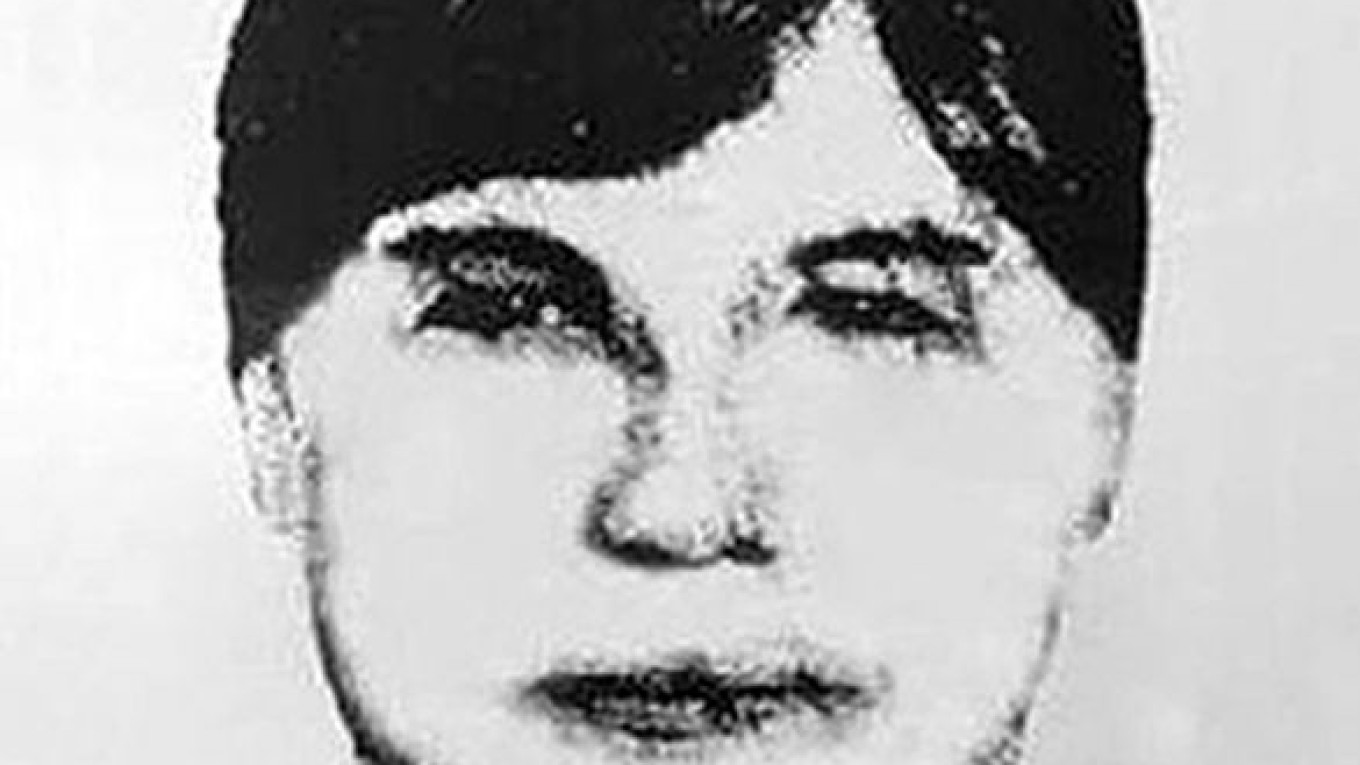The government is treating an explosion beneath a train in Dagestan as a terrorist attack analogous to last week’s bombing of the Nevsky Express, Prime Minister Vladimir Putin said Monday.
Investigators said the equivalent of 300 grams of TNT detonated under a Tyumen-Baku train early Monday, slightly damaging the locomotive. No one was injured.
The bombing came less than three days after the luxury Moscow-St. Petersburg Nevsky Express was derailed by the equivalent of 7 kilograms of TNT. At least one more person has been confirmed dead from that attack, bringing the death toll to 26, the Investigative Committee said in a statement.
The bombing in the Tver region Friday evening was Russia’s worst terrorist attack outside the North Caucasus in five years.
But trains have regularly been targeted in Dagestan in recent years, and two Russian Railways vice presidents defended the state company’s security measures in interviews Monday.
In a meeting with First Deputy Prime Minister Viktor Zubkov, who is leading the government response to the Nevsky blast, Putin said the only way to stave off further attacks was to focus on pre-emption. “That’s a task for law enforcement and security bodies,” he said in comments broadcast on state television.
As of Monday evening, two people were still missing, according to the Emergency Situations Ministry. The Interior Ministry said Monday afternoon, however, that 18 people had not yet been found. The reason for the discrepancy was not immediately clear.
Investigators have found several body parts, which will undergo DNA tests to identify the victims, the Investigative Committee said.
All but one of the 26 bodies have been identified.
“Many relatives needed psychological aid. One of them even required urgent medical help,” said Yulia Shoigu, chief of the Emergency Situations Ministry’s psychological assistance department, according to the transcript on the ministry’s web site. She is the daughter of Emergency Situations Minister Sergei Shoigu.
“Investigators are continuing to search the crash scene. With the help of the Emergency Situations Ministry, they are cutting the ruined carriages seeking body parts of the dead, documents and other items left by the victims,” the Investigative Committee said in its statement.
“Officers have questioned residents of the nearby settlements, sketches of suspects have been composed, several versions are being checked,” the Interior Ministry said, without elaborating.
At least one black-and-white sketch was sent to police stations in the Tver, Novgorod and Leningrad regions.
A possible terrorist base was found in a Tver region village not far from the crash scene, a law enforcement source told RIA-Novosti.
The source said that up to four people were staying in the house for several days. Police are searching for a man who residents say was wandering around the nearby villages looking for a house for his relative.
Investigators have recovered four DNA samples in the house, one of which was from a woman, Interfax reported, citing a law enforcement source.
Earlier, Interior Minister Rashid Nurgaliyev said local residents had described a 40-year-old man with red hair, who had appeared in the village before the crash.
A RIA-Novosti source said police were searching for three cars, registered outside of the Tver and Novgorod regions, with several men, Interfax reported.
The attack was similar to the Aug. 13, 2007, bombing of the Nevsky Express, in which dozens were injured.
Two Ingush men have been charged, while the suspected mastermind, former military cadet Pavel Kosolapov, remains at large. Kosolapov has not been officially announced as a suspect in the Friday attack. The Ingush natives are still on trial in a Novgorod court.
Russian Railways, or RZD, vice president Mikhail Akulov said on Ekho Moskvy that “after the tragic incident in August 2007, RZD took additional security measures,” including video monitoring of bridges and other rail infrastructure. Another RZD vice president, Alexander Bobreshov, told the radio station that it was incorrect to say the company had not learned from the earlier attack.
RZD chief Vladimir Yakunin told reporters that the bombing would not delay plans to launch the Sapsan, a new high-speed service between Moscow and St. Petersburg on Dec. 18. He said the Nevsky Express made its journey Monday with eight cars, after three were destroyed Friday.
More details of the casualties were released Monday, after two prominent officials — Sergei Tarasov, head of the state roads company, and Boris Yevstratikov, head of the Federal Reserves Agency — were found among the dead.
Natalya Karavayeva, a 27-year-old former employee of Independent Media, the parent company of The Moscow Times, died in the crash. RIA-Novosti reported that a lawyer for the state-run English-language channel Russia Today, Anton Khaletsky, also was killed.
Among the roughly 100 injured passengers was 35-year-old Natalya Novikova, who survived the first bombing of the Nevsky Express, Vesti-FM reported Monday. She was taken to the emergency room of a St. Petersburg hospital and was among about 20 survivors in serious condition.
A Message from The Moscow Times:
Dear readers,
We are facing unprecedented challenges. Russia's Prosecutor General's Office has designated The Moscow Times as an "undesirable" organization, criminalizing our work and putting our staff at risk of prosecution. This follows our earlier unjust labeling as a "foreign agent."
These actions are direct attempts to silence independent journalism in Russia. The authorities claim our work "discredits the decisions of the Russian leadership." We see things differently: we strive to provide accurate, unbiased reporting on Russia.
We, the journalists of The Moscow Times, refuse to be silenced. But to continue our work, we need your help.
Your support, no matter how small, makes a world of difference. If you can, please support us monthly starting from just $2. It's quick to set up, and every contribution makes a significant impact.
By supporting The Moscow Times, you're defending open, independent journalism in the face of repression. Thank you for standing with us.
Remind me later.


